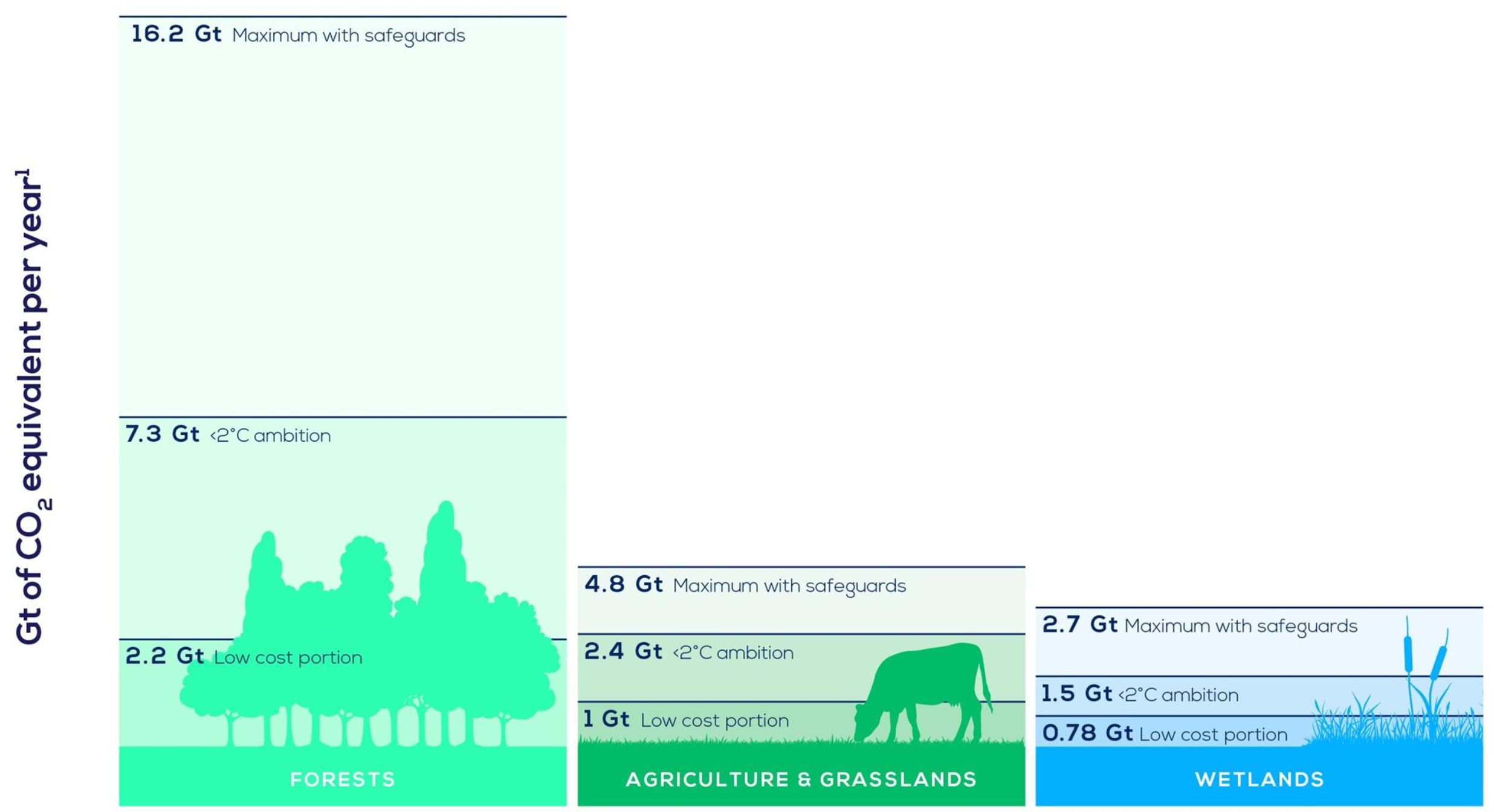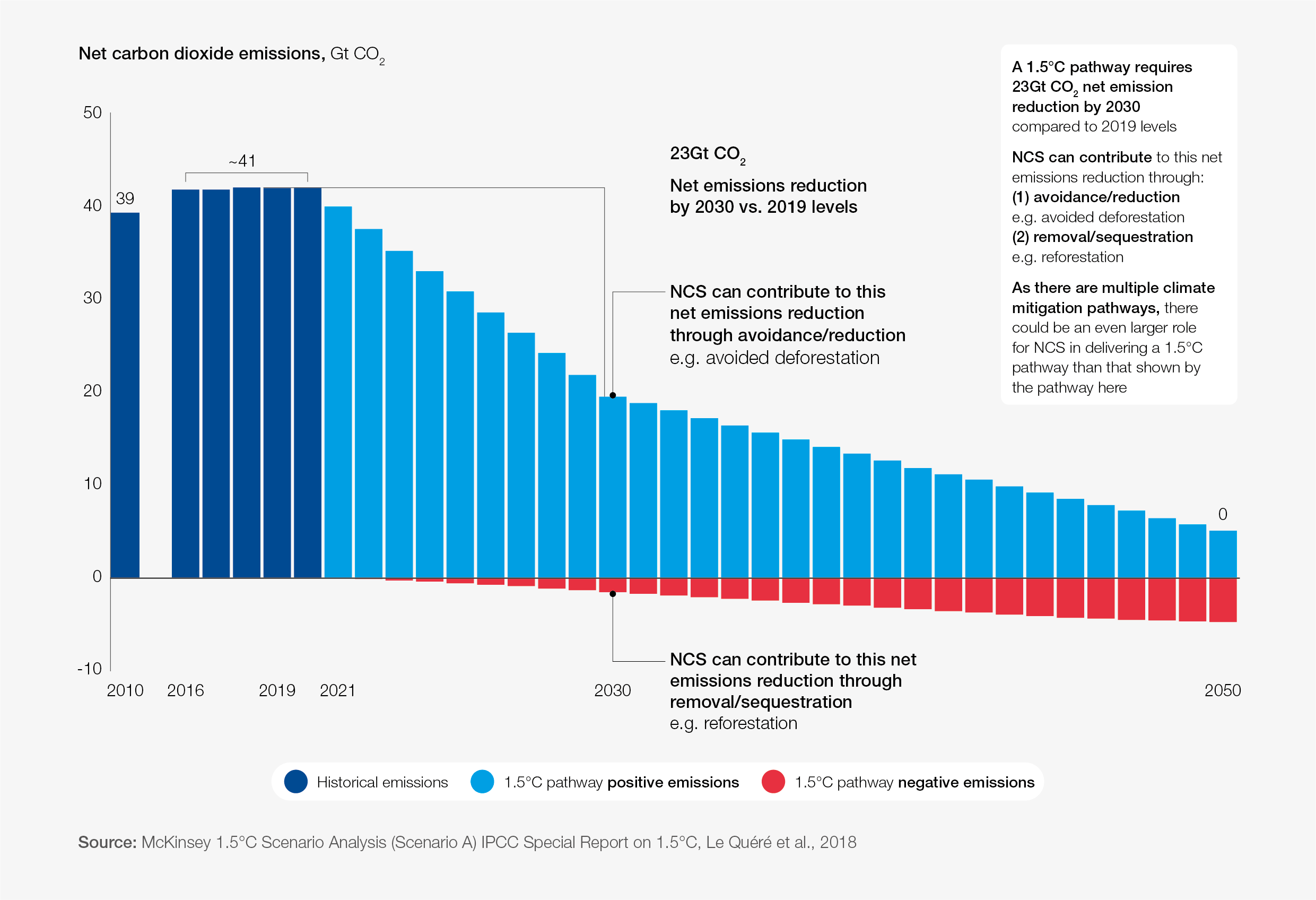'Open sky' schools are helping Indian farmers adapt to climate change

Farmers learn techniques to help them adapt to climate change. Image: REUTERS/Jayanta Dey

Get involved with our crowdsourced digital platform to deliver impact at scale
Stay up to date:
Future of the Environment
- In Maharashtra, farmers are learning techniques and tips to help them adapt to climate change on demonstrations plots.
- From preparing to right choice to water-conservation techniques, farmers learn in 'open sky' schools.
- The projects in India has shown that addressing knowledge gaps can help improve productivity, farmer prosperity, and environmental sustainability.
In the drought-prone district of Marathwada, a group of farmers eagerly inspect small plots of land where pulses, fruits and vegetables are being cultivated. The curious farmers ask several questions to the landowners – how did they select which crop to grow, what fertilizer did they use, and most importantly how did they irrigate their fields? The monsoons had been weak, and water was not available in abundance. The farmers are eager to learn and the landowners are keen to share their experience.
Several such small plots of cultivated land, serving as demonstration plots, have been created by farmers on their land in the state of Maharashtra. These have become informal ‘open-sky’ schools and serve as a learning ground for small and marginal farmers. They learn about recent advances in science, hydrology and crop productivity, and most importantly, learn how to adopt appropriate agricultural practices to help better adapt to climate change.
The state of Maharashtra in India is home to over 15 million farmers and has over 50% cultivable land, but climate change has impacted agriculture productivity in several drought prone districts of the state. To mitigate the adverse impacts of climate change in these drought prone districts, a $600 million Maharashtra Project on Climate Resilient Agriculture (PoCRA) supported by the World Bank was launched. The core objective of the project is to encourage farmers to adopt climate resilient agriculture practices and improve agribusiness opportunities and to help small and marginal farmers increase their income in a sustainable manner.
In 'open sky' schools, farmers learn how to prepare the right soil, make the right choice of crop, use low-cost organic agricultural practices, and water-conservation techniques.
”Schools without classrooms
A significant and critical aspect of the project are the demonstration plots created by farmers which serve as ‘open sky’ schools. Here, the farmers learn how to prepare the right soil, make the right choice of crop, use low-cost organic agricultural practices, and water-conservation techniques. In addition, information on water availability is provided by a mobile app created by the Indian Institute of Technology, Mumbai, a well-known technology institution of the country.
The app uses real-time data on weather forecasting and provides farmers with information on the status of surface and groundwater in the village, and the actual water demand and availability during the cropping season . With this knowledge in hand and with the training in moisture-conserving and water harvesting practices learnt from the open-sky classrooms, the farmers prepare micro-plans for their crop keeping in mind to balance village-level water demand and supply.
What is the World Economic Forum doing on natural climate solutions?
These micro-plans are then submitted to the Village Climate Resilient Management Committee, which has been constituted under the project to approve and oversee plans drawn by beneficiary households. The micro-plans are put through a multi-stage process for implementation, and project funds are transferred directly into the beneficiaries’ bank account. These well-integrated timely fund transfer mechanisms have helped small farmers to reap both short and long-term benefits of the project.
Rajabhau Yadav and his wife Vimal Rajabhu Yadav are horticulture farmers in Ekruga village in Osmanabad, a drought prone district in Maharashtra. Based on the training received from the open sky school, they prepared a micro-plan for a short-duration guava plantation on their half hectare patch of land. They received a monetary assistance of Rs. 73,000 under the project. Using climate-smart practices, their very first harvest itself fetched them Rs. 65,000.
The Maharashtra project has also created a feedback mechanism for research and extension agencies to respond to new and emerging climate risk challenges posed by farmers through an Integrated Computer Technology platform and mobile network. Initial results from different crops indicate that this application of technology in designing climate-smart agronomic practices has led to a decrease of about 20 percent in input costs and an increase of about 30 percent in farm incomes . This suggests that bottom-up knowledge enhancement approach whilst generating demand for inputs and services is also giving dividends to smallholders in drought affected districts of Maharashtra.
This ground-breaking project in India, has demonstrated that addressing the critical knowledge gaps among small farmland holders can significantly improve productivity, farmer prosperity, and environmental sustainability, all at the same time.
Don't miss any update on this topic
Create a free account and access your personalized content collection with our latest publications and analyses.
License and Republishing
World Economic Forum articles may be republished in accordance with the Creative Commons Attribution-NonCommercial-NoDerivatives 4.0 International Public License, and in accordance with our Terms of Use.
The views expressed in this article are those of the author alone and not the World Economic Forum.
The Agenda Weekly
A weekly update of the most important issues driving the global agenda
You can unsubscribe at any time using the link in our emails. For more details, review our privacy policy.
More on Future of the EnvironmentSee all
William Austin
April 17, 2024
Victoria Masterson
April 17, 2024
Rebecca Geldard
April 17, 2024
Johnny Wood
April 15, 2024
Johnny Wood
April 15, 2024










